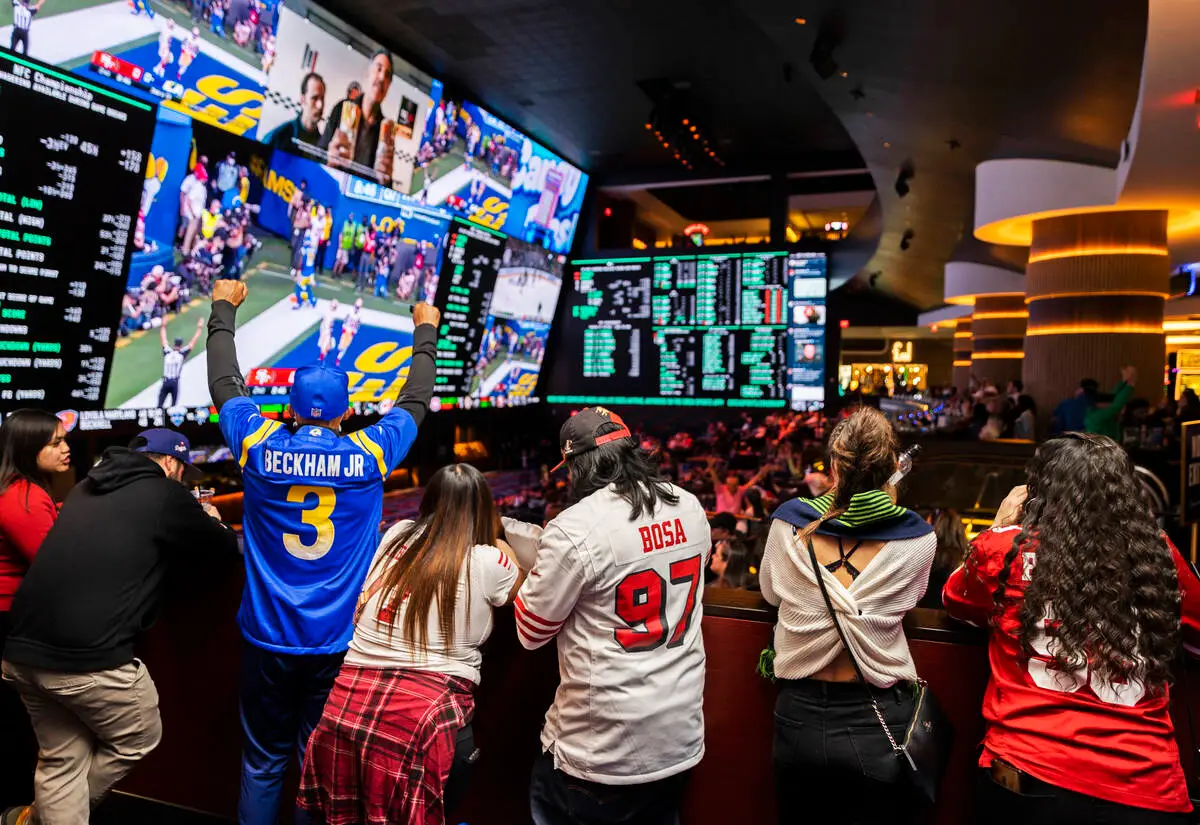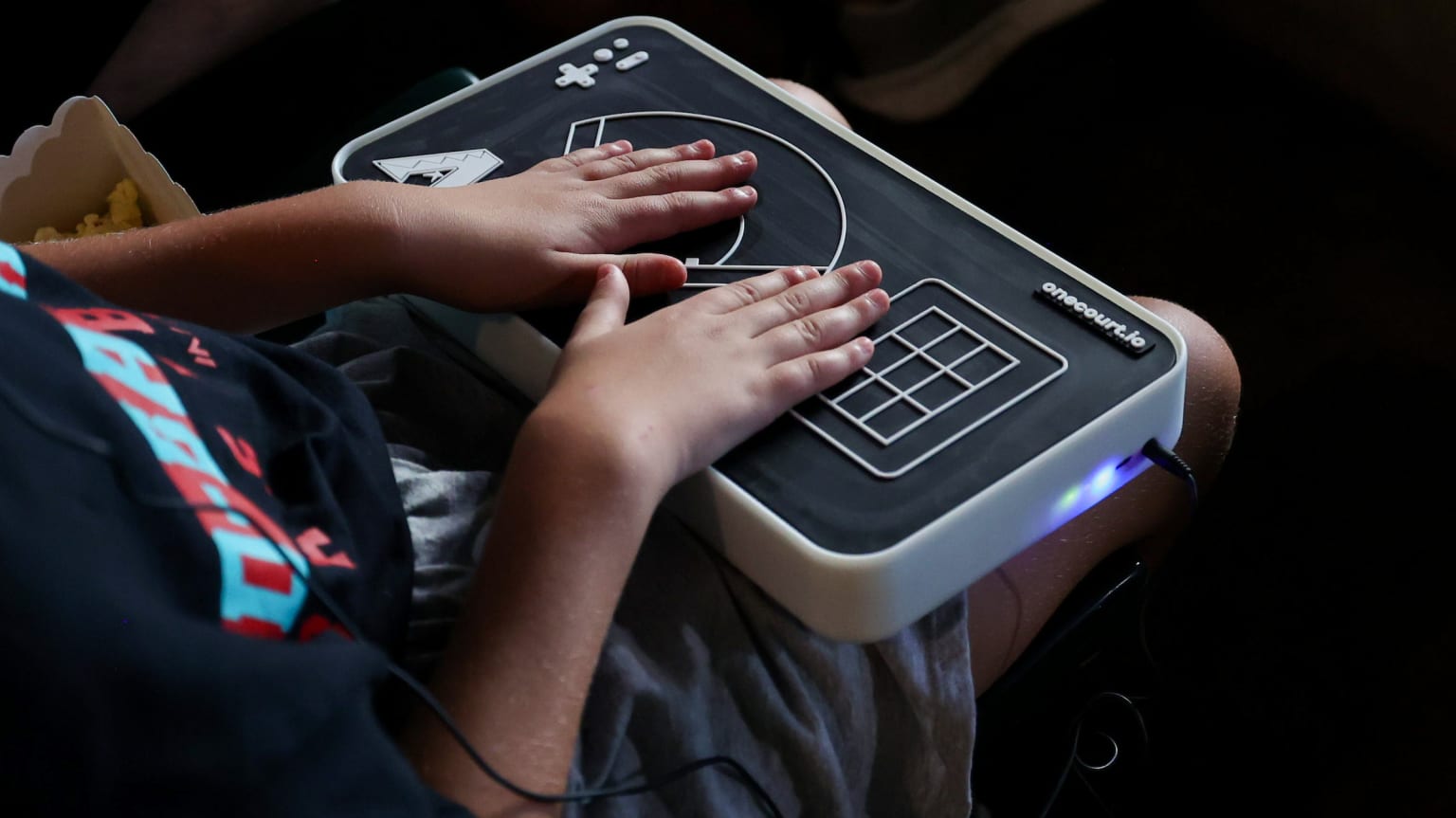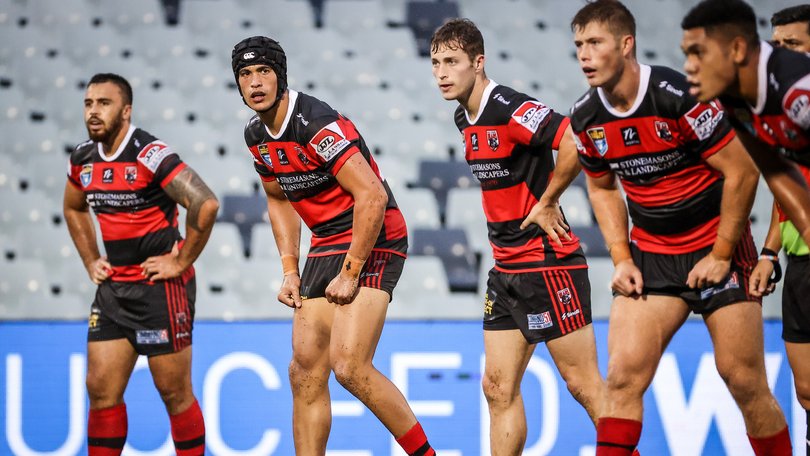NFL Implements Stricter Gambling Rules and Penalties for Players

In response to a series of suspensions earlier this year, the NFL is rolling out significant amendments to its gambling regulations, ushering in a new era of accountability within the league.
One of the most notable changes involves the elevation of penalties for players involved in gambling on NFL games. Effective immediately, players who are found to have placed wagers on NFL contests will face automatic suspensions, lasting an entire year. If a player is discovered to have bet on their own team, the consequences will be even direr, resulting in a two-year suspension. And, as an unequivocal stance against game-fixing for gambling purposes, any such behaviour will lead to banishment from the league.
While the penalties for NFL game-related gambling have been significantly heightened, the NFL has chosen to take a somewhat more lenient approach to players betting on non-NFL games while at work. A first-time violation of gambling on non-NFL events will now warrant a two-game suspension, with a second violation escalating to a six-game suspension. A third violation will trigger a one-year suspension.
It’s essential to note that NFL players are still permitted to engage in betting activities on non-NFL games, provided they do so outside of team facilities. Interestingly, this revamped policy was not the result of collective bargaining with the NFL Players Association, as pointed out by Tom Pelissero of the NFL Network. However, the executive director of the NFLPA did express concerns about the previous policy to Commissioner Roger Goodell.
The revised regulations have been implemented with immediate effect, resulting in the reinstatement of two notable players: Tennessee Titans’ offensive tackle, Nick Petit-Frere, and Detroit Lions’ wide receiver, Jameson Williams. Petit-Frere, who was initially handed a six-game suspension for gambling on non-NFL games within team facilities, and Williams, suspended for the same duration for betting on college football games at the team facility, will both return to action on Monday. Williams, a former 12th overall pick, had expressed unawareness of the policy when he was initially suspended.
Under the newly established policy, both Williams and Petit-Frere will have served four games of their original six-game suspensions when they are reinstated. Had this policy been in place earlier, their violations would have resulted in just two-game suspensions each.
During the summer, the NFL suspended a group of players who had engaged in betting activities during the 2022 season. Notably, former Atlanta Falcons wide receiver Calvin Ridley was the first player to face suspension by the NFL since the legalisation of sports betting in 2018. Ridley served a full-year suspension but has since been reinstated and is now a member of the Jacksonville Jaguars.
The issue of gambling has also cast its shadow over college sports this summer. Several Iowa and Iowa State athletes found themselves facing charges for betting on their own games, wagering on contests at their respective schools, or gambling while underage. College athletes involved in betting on their own teams will now face the permanent loss of eligibility, emphasising the seriousness with which sports organisations are addressing gambling-related transgressions.
It's free to join the team!
Join the most engaged community in the Sports Business World.
Get all the latest news, insights, data, education and event updates.






